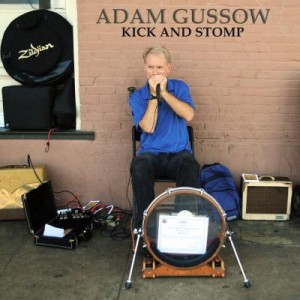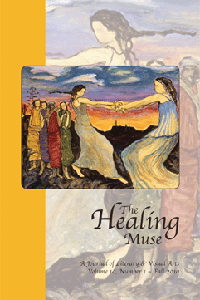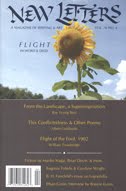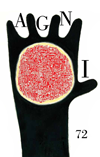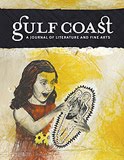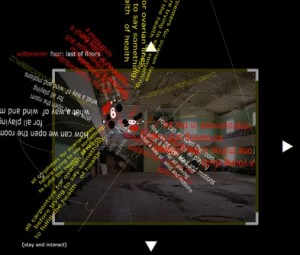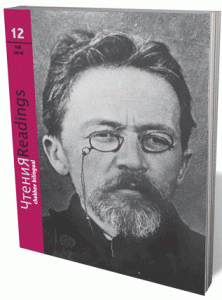 Tygerburning Literary Journal is a print journal of poetry and poetics produced annually each spring by the MFA Program in Poetry at New England College in Henniker, NH. The journal seeks work that ranges from innovative to traditional lineages by emerging and established poets. Special features of each issue include a DVD presentation of cinepoetry, interdisciplinary works of new media, and spoken poetry performance.
Tygerburning Literary Journal is a print journal of poetry and poetics produced annually each spring by the MFA Program in Poetry at New England College in Henniker, NH. The journal seeks work that ranges from innovative to traditional lineages by emerging and established poets. Special features of each issue include a DVD presentation of cinepoetry, interdisciplinary works of new media, and spoken poetry performance.
There are a limited number of Issue #1 Journals with the DVD of Francesco Levato’s complete award winning cinepoetry selection, War Rug. Copies can be ordered through Marick Press.
Contributors for Issue #1: Kazim Ali, Nin Andrews, Lana Hechtman Ayers, Janet Barry, Tara Betts, Bhisham Bherwani, Sylva Boyadjian-Haddad, Martha Carlson-Bradley, Lee Ann Brown, Laynie Browne, Wendy Burk, Amanda Cobb, Joanna Penn Cooper, Melinda Curley, Stephan Delbos, Chard deNiord, Tenzin Dickyi, Karen Dietrich, Jonas Ellerstrom, Kathleen Fagley, Howard Faerstein, Patricia Fargnoli, Roberta Feins, Adam Fieled, Alice B. Fogel, Laura Davies Foley, Mary Gilliland, Mariela Griffor, James Harms, M.C. Jones, Ilya Kaminsky, Talia Katowicz, Anchia Kinard, Francesco Levato, Sara Lefsyk, Louise Landes Levi, Lesle Lewis, Barbara Lovenheim, Terry Lucas, Erica Lutzner, Mayra MacNeil, Tamara J, Madison, Eric Magrane, Kent Maynard, Tim Mayo, Mary McKeel, Stephen Paul Miler, Malena Morling, Nikoletta Nousiopoulis, Annemarie O’Connell, Ivy Page, Barbara Paparazzo, Alexandria Peary, Jane Lunin Perel, Douglas Piccinnini. Verandah Porche, Kyle Potvin, George Quasha, Steven Riel, Edith Sodergran, Leah Souffrant, Cinnamon Stuckey, K.A. Thayer, Matthew Ulland, Miguel Alejandro Valerio, Mark Watman, and Dorinda Wegener.
Submissions are being accepted for Issue #2 (Spring 2011), edited by James Harms, until December 15, 2010.


